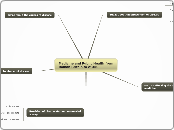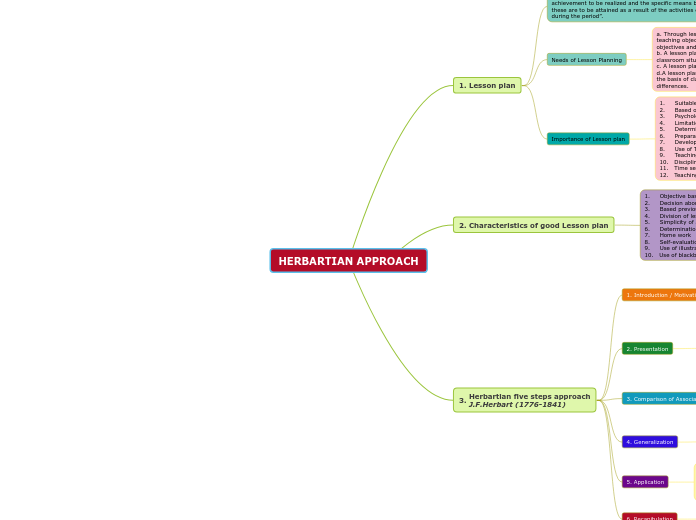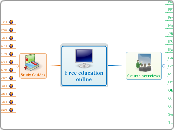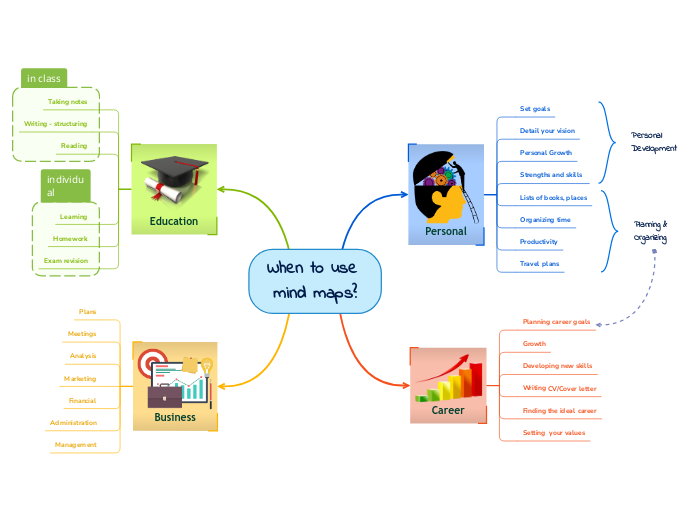How do we link this to differentiated instruction?
Tailoring programming to student interests doesn't mean letting them play games in class.
Subtopic
An at risk student can use video game style motivations in order to track their progress.
School - The Game (might need a snappier title)
- students have a "level up" portfolio where they prove why they should level up.
- students take control of their learning.
- this can empower students to develop tools that help them learn in multiple situations.
Conclusion
- The immersive nature of games is both why they should be used to differentiate instruction AND why we need to be wary of their overuse.
The biggest concern is awareness and education, so students know how and how much to use these games in a positive way.
Integrating video game culture in the classroom - The research of Jane McGonigal
Medical treatment and video games
How games can "reprogram" or "refocus" the brain.
- Research has shown that the use of repetitive pattern matching games within 6 hours of trauma can reduce flashbacks and PTSD symptoms.
- Immersive experiences can change behaviour.
Games to solve world problems
Researchers need an "Epic Win" to solve problems.
- An Epic Win is a success that is so extraordinary we were not aware it was possible until it was achieved.
- Why do individuals feel better in games than in the "real world"?
- "Epic Wins" are satisfying, so we are drawn into games.
- Games can stimulate creativity and collaboration.
Superbetter
Recovering from a head injury
Jane McGonigal suffered a head injury and fell into a depression. In order to take control of her life, she used game-like achievements and levels to turn her recovery into a game and better track her progress. She has now published a book based on her game-app called SuperBetter that has been used in research and has led to positive results.
- Trauma progress (growth) has effects opposite to feelings of regret.
- Using a point system to track progress ensures even the smallest effort is rewarded.
- Resilience (mental, physical, emotional, social) is key to quality of life.









